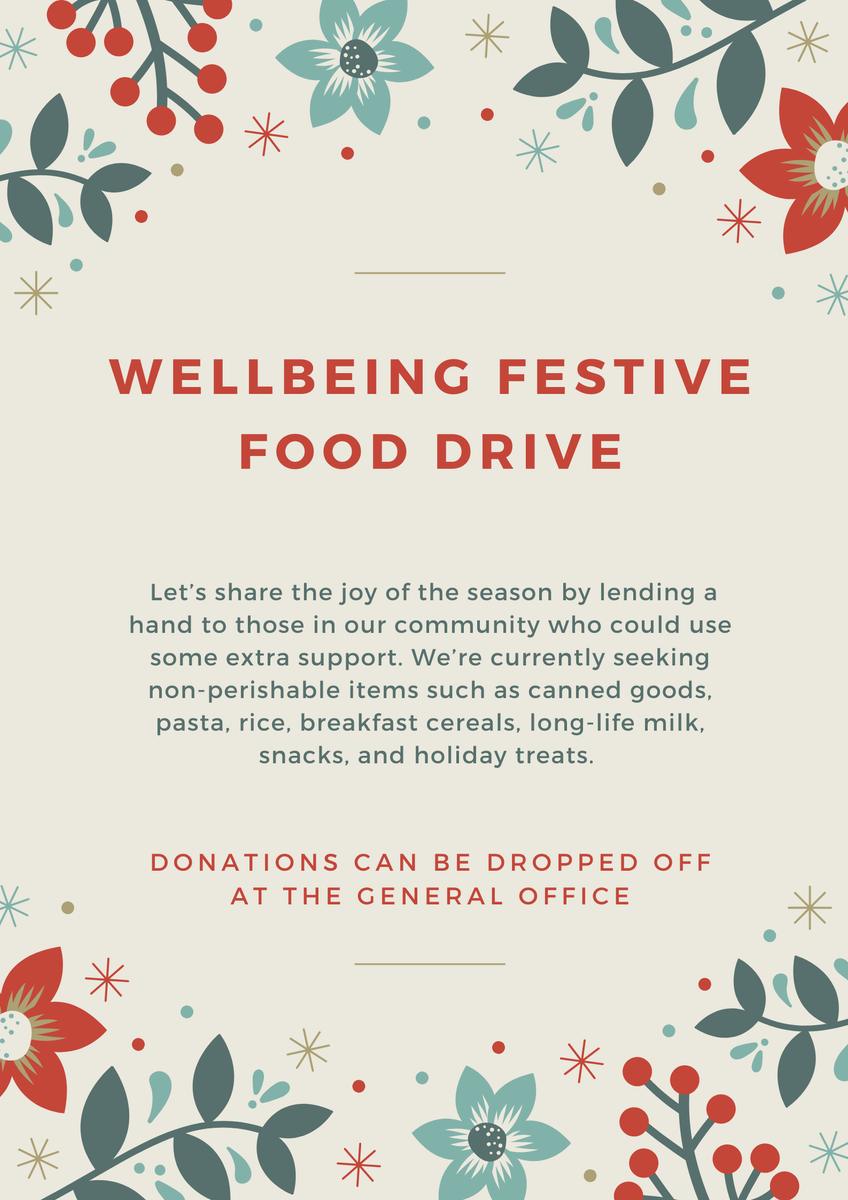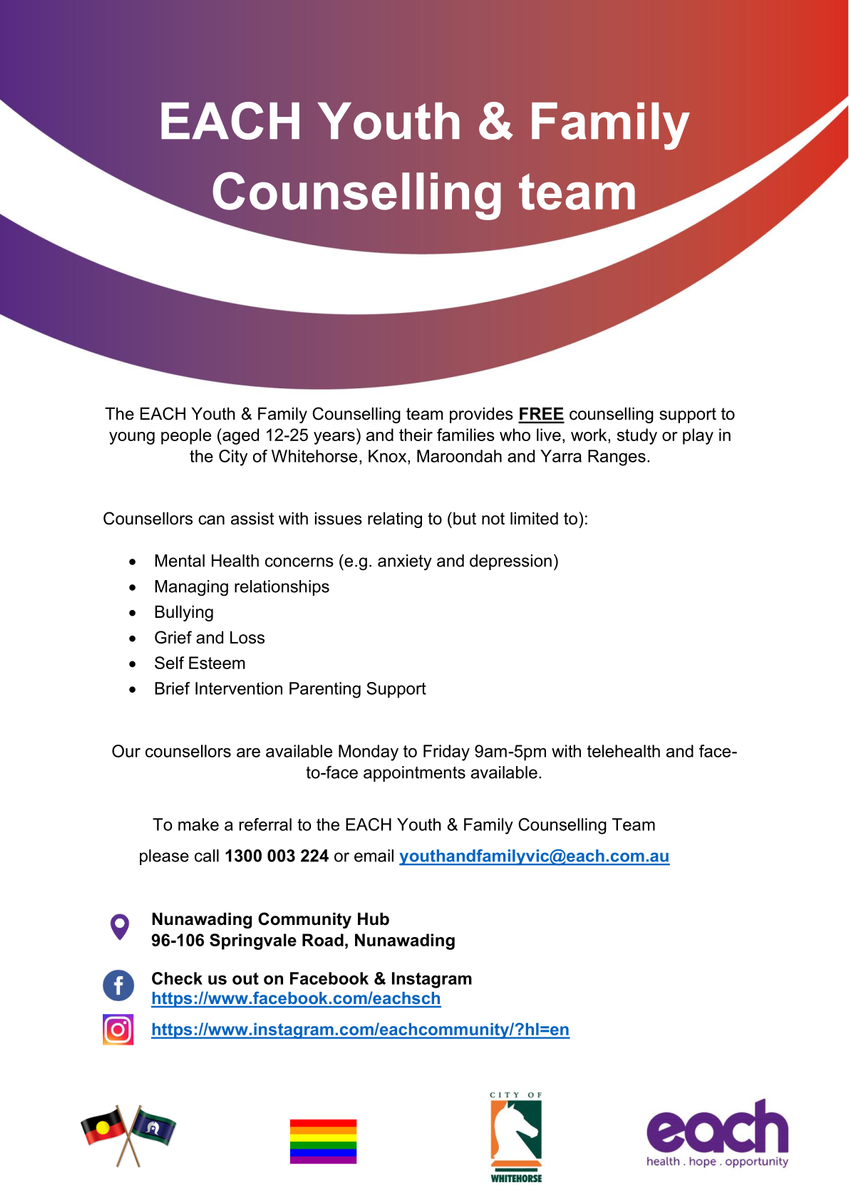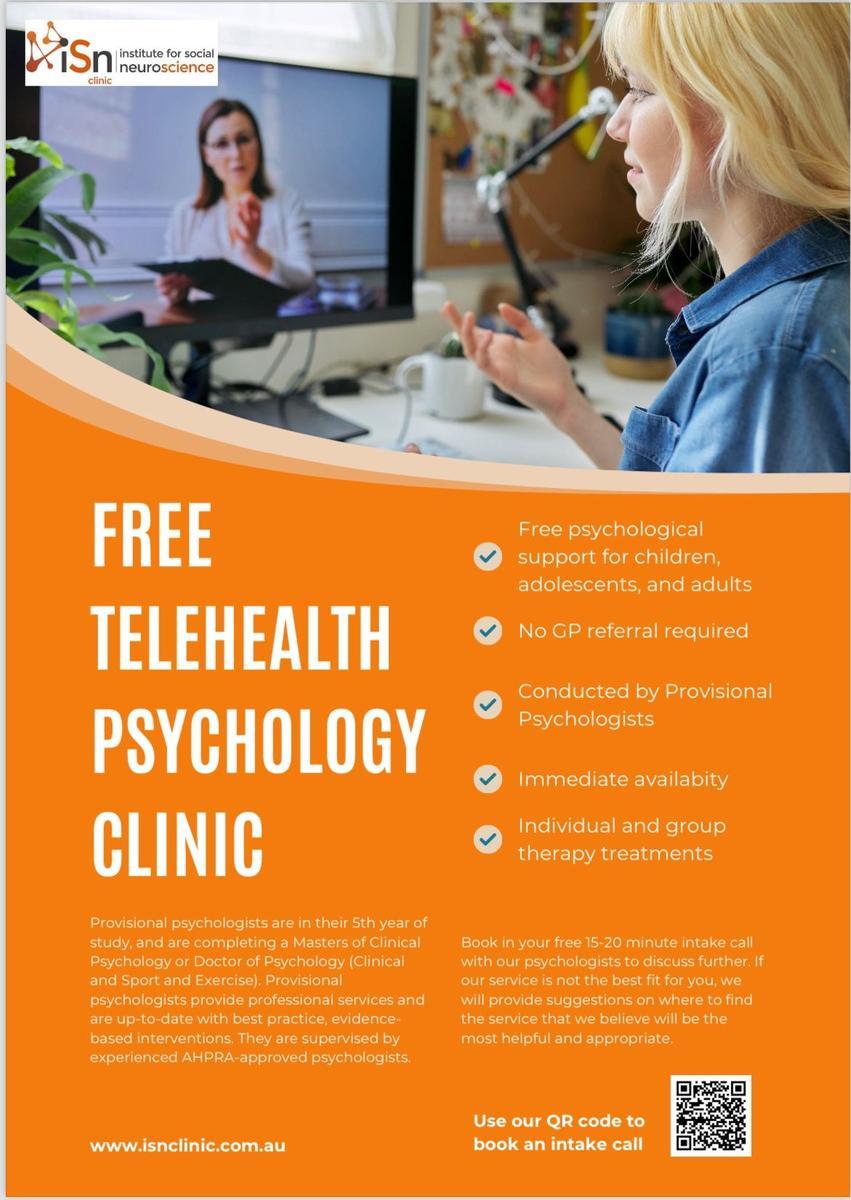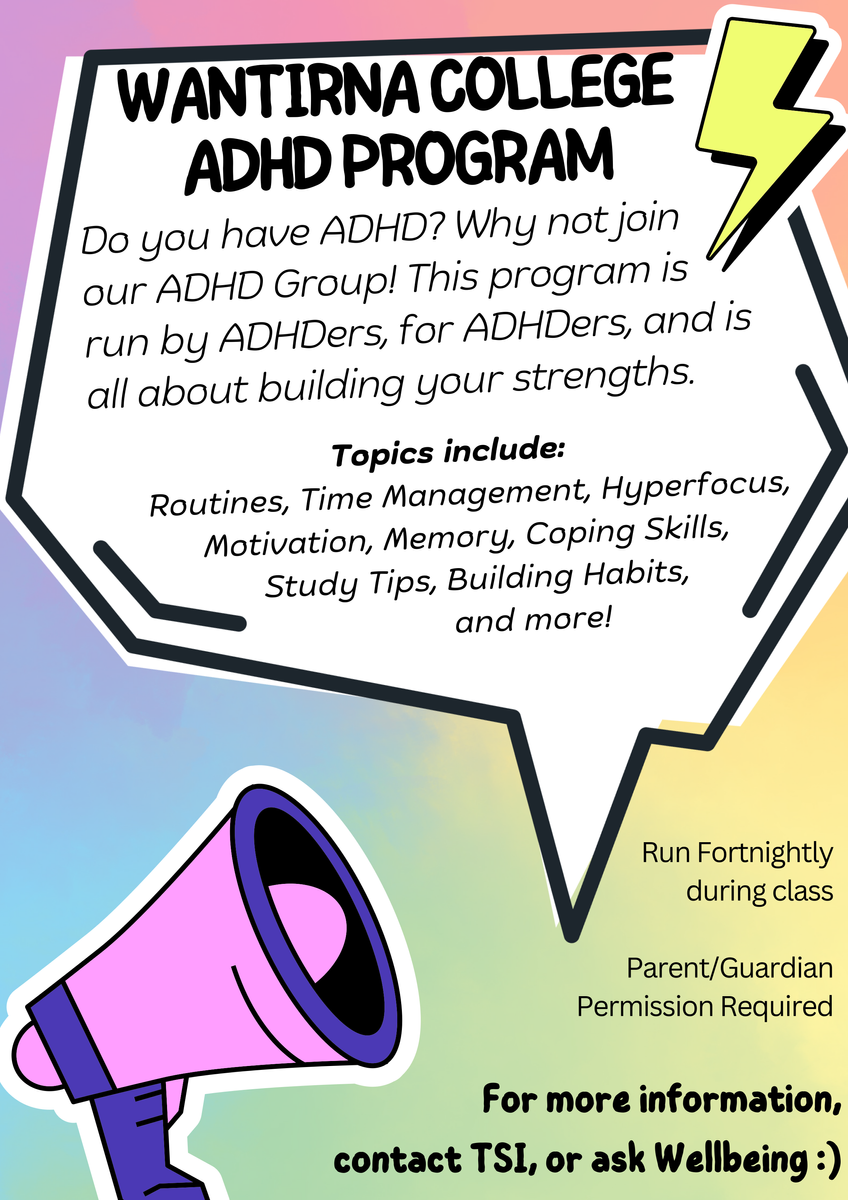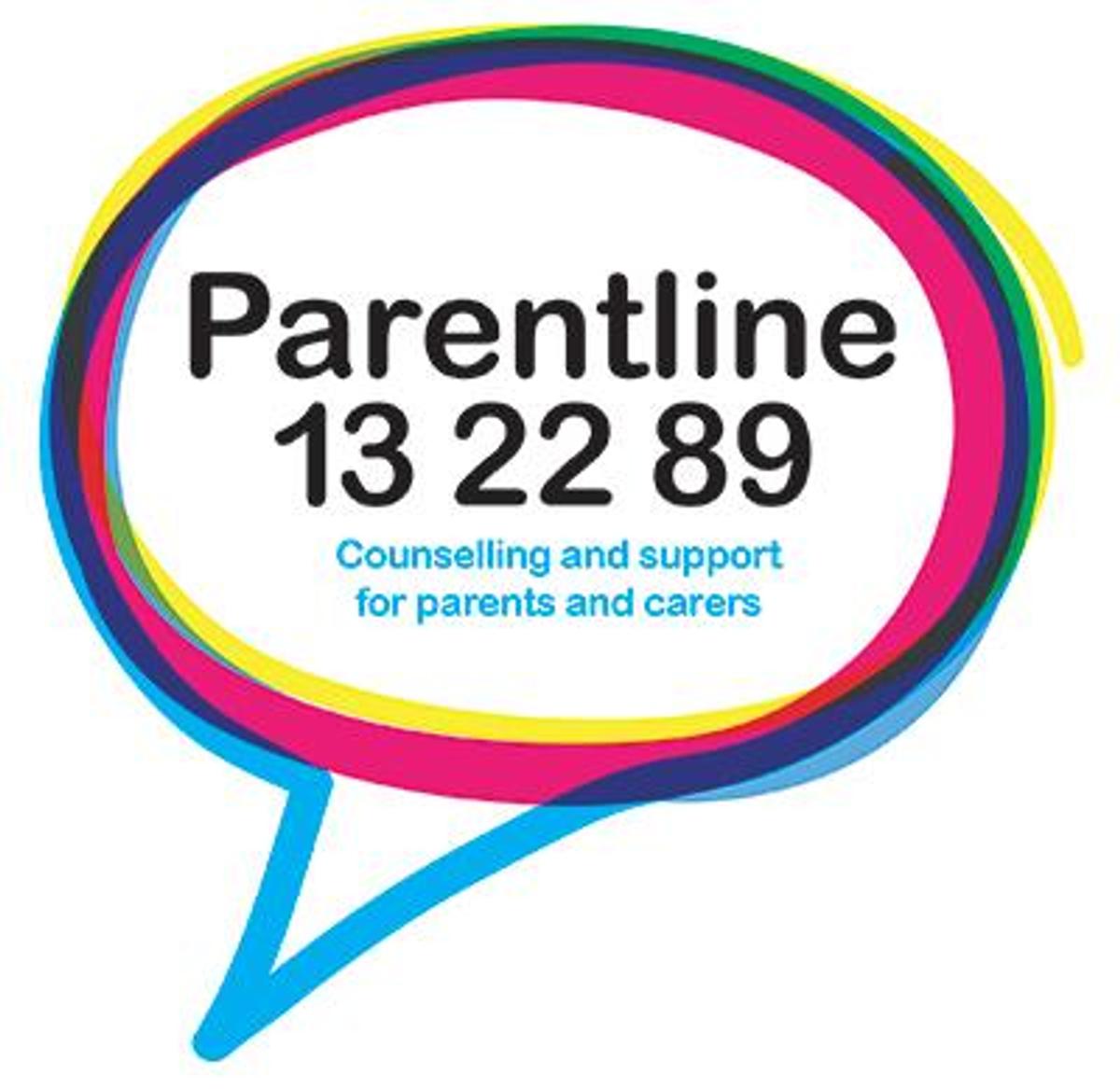Parent Wellbeing

Helping Your Teen Sleep Better
As a parent, you know how important sleep is for your teen's health and well-being. But if they’re struggling to get enough rest, you might wonder: How much sleep do they need? What’s getting in the way? And what can you do to help?
Why Sleep Matters for Teens
Sleep is crucial for teens' physical, mental, and emotional development. During these years, their bodies and brains are growing rapidly, and quality sleep supports:
- Brain function: Memory, learning, creativity, and focus.
- Physical health: Growth, muscle recovery, and overall health.
- Mental health: Mood regulation and emotional well-being.
- Decision-making: Improved choices and reduced risky behaviour.
How Much Sleep Do Teens Need?
The National Sleep Foundation recommends teens get 8 to 10 hours of sleep each night. However, many teens only sleep around 6.5 to 7.5 hours, which can lead to sleep deprivation and affect their health, mood, and school performance.
What Causes Sleep Problems in Teens?
Several factors can disrupt your teen’s sleep:
- Stress from school, study pressures, and social life.
- Technology use, especially late-night screen time.
- Changes in their body clock due to puberty, making teens naturally stay up later.
- Mental health issues like anxiety or depression.
- Poor sleep hygiene, such as inconsistent sleep schedules or a noisy, distracting bedroom.
Strategies to Improve Your Teen's Sleep
Help your teen develop better sleep habits by:
Setting a regular sleep schedule: Going to bed and waking up at the same time each day.
Creating a relaxing bedtime routine: Encourage calming activities like reading or listening to music.
Limiting screen time: Reduce device use in the hour before bed.
Creating a calm sleep environment: Keep the bedroom cool, dark, and quiet.
Check their schedule: Ensure they aren’t overcommitted and overwhelmed.
When to Seek Professional Help
If your teen’s sleep problems persist, consult a GP or sleep specialist to rule out conditions like insomnia or sleep disorders. Treatments may include cognitive behavioural therapy, relaxation techniques, or medication if necessary.
Resources for Parents
Raising Children Network: Advice on helping teens sleep better.
ReachOut: Peer support and articles on sleep and mental health.
Wellbeing Festive Food Drive
This holiday season, Wantirna College is spreading the spirit of giving with our annual Wellbeing Festive Food Drive! We’re collecting non-perishable food items to support families in need over the holidays, and we need your help to make a difference.
The rising cost of living has made this time of year especially challenging for many, but together, we can make a meaningful impact. Let’s share the joy of the season by lending a hand to those in our community who could use some extra support.
We’re currently seeking non-perishable items such as canned goods, pasta, rice, breakfast cereals, long-life milk, snacks, and holiday treats. This can be dropped off at the General Office. Every donation counts, and together, we can bring joy and relief to those who need it most. Thank you for your kindness and generosity!
Talea-Jane Simpson
Acting Leader of Wellbeing
tsi@wantirnacollege.vic.edu.au
Parent Support Services
Parentline: 13 22 89
Youth Support Services
headspace: visit headspace.org.au to find your nearest centre or call headspace on
1800 650 890.
Kids Helpline:
1800 55 1800 or kidshelpline.com.au
ReachOut: reachout.com.au
SANE Australia: 1800 187 263 or sane.org
National 24/7 crisis services
Lifeline:13 11 14 or lifeline.org.au
EACH Community Health: 1300 003 224
Knox Youth Services: 9298 8469
Suicide Call Back Service: 1300 659 467 or suicidecallbackservice.org.au
beyondblue:
1300 224 636 or beyondblue.org.au
Student Wellbeing Team
Email: wellbeing@wantirnacollege.vic.edu.au
Talea-Jane Simpson – Acting Wellbeing Leader
Courtney Moran – Acting Wellbeing Leader
Guiseppe Relia – Wellbeing Coordinator
Sanela Avdic - Wellbeing Counsellor
Tajinder Wulff - Mental Health Practitioner
Katrina Gyngell - Mental Health Practitioner

